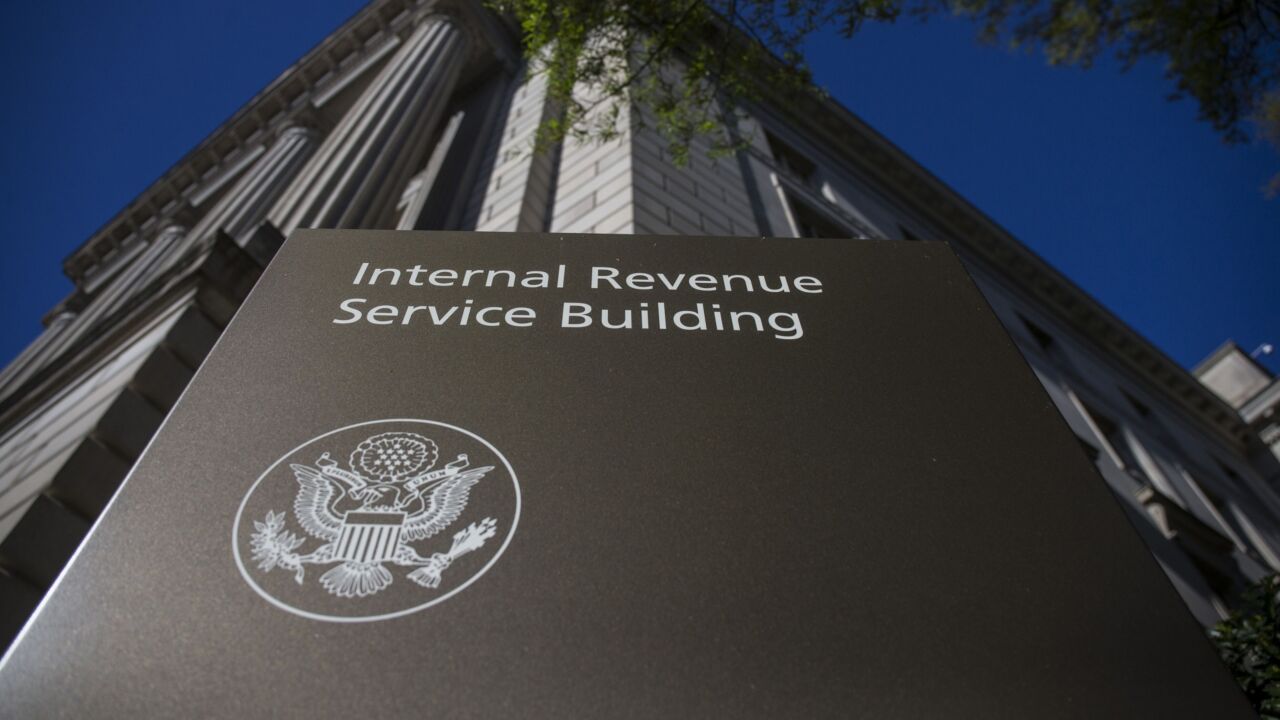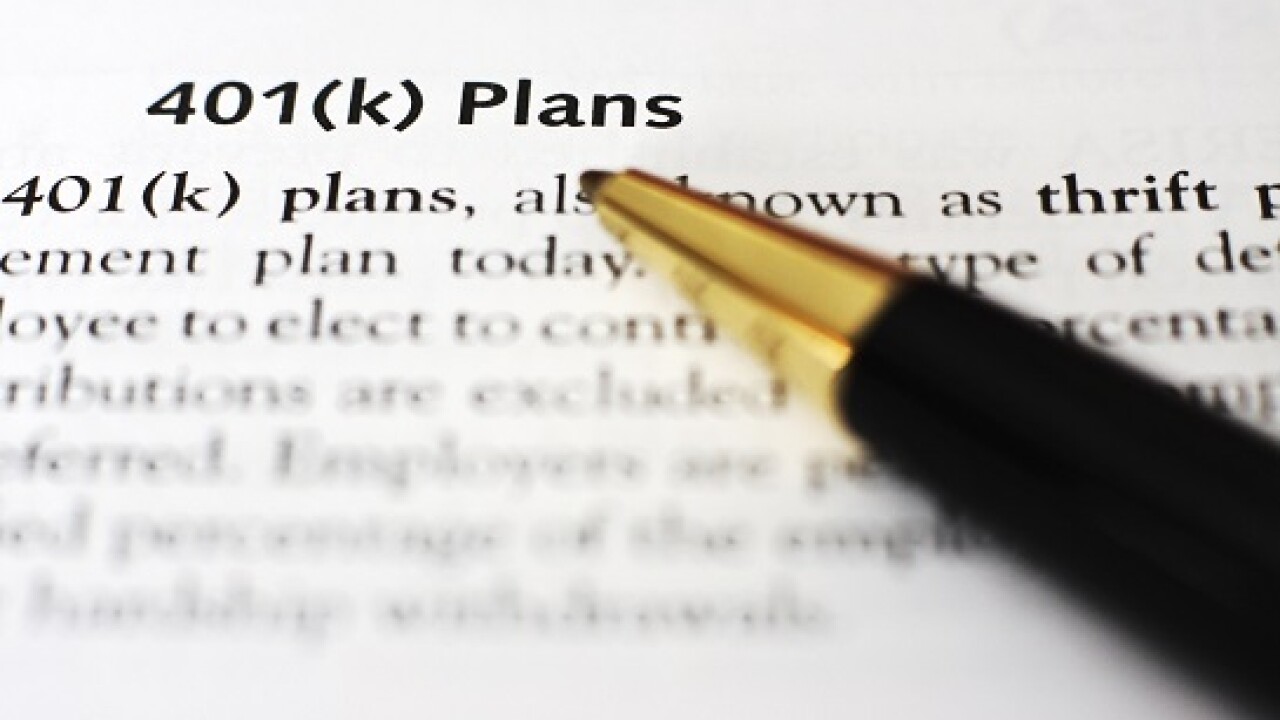The Internal Revenue Service offered information about how business owners can avoid electronically filing their income tax forms if it violates their religious beliefs.
In
In addition, the notice offers information about publications pertaining to failed attempts to electronically file Forms 1120, 1120-S and 1120-F using IRS filing systems.

The notice obsoletes earlier guidance from 2010 in Notice 2010-13 on e-file waiver request procedures for Forms 1120, 1120-F, 1120S, 990 and 990-PF, and modifies guidance from last August in Notice 2023-60.
The Taxpayer First Act of 2019 amended the Tax Code to lower the threshold for the e-filing requirement so any taxpayer who files at least 10 returns during a calendar year needs to file them electronically. Prior to that law, the e-file requirement only applied to those who needed to file at least 250 returns per year. The TFA also required certain returns that needed to be filed by tax-exempt organizations to be filed electronically.
Last February, the Treasury Department and the IRS published final regulations in
Filers can already claim a religious exemption from e-filing information returns such as Forms 1099 and W-2 by notifying the IRS that they qualify for a religious exemption in advance of filing returns and other documents. Filers can notify the IRS in advance that they are claiming a religious exemption by filing a Form 8508, Application for Waiver from Electronic Filing of Information Returns, and following the form's instructions.
However, filers of Forms 1120, 1120-F, 1120-S and 1065 who claim the religious exemption should not file Form 8508. Instead, they should file returns and other documents on paper and print in bold letters "Religious Exemption" at the top of page 1 of the return they file on paper. Filers who qualify for the religious exemption for Forms 1120, 1120-S, 1120-F and 1065 aren't subject to the e-filing waiver procedure that's available to other filers, which requires advance application and approval from the IRS before filing in paper form, according to the IRS.
Some provisions of the updated e-file regulations also authorize the IRS to grant waivers in cases of undue hardship. The procedures for seeking a hardship waiver can be found in various IRS revenue procedures, publications, forms, instructions and other guidance, including





